Technology


8 min


Learn about DevOps and its benefits for businesses in this beginner's guide. Discover the principles of DevOps, its role in software development, and the key tools and practices used by DevOps teams. Explore how businesses can leverage DevOps to improve collaboration, streamline processes, and deliver high-quality software products faster and more efficiently.

By Quokkalabs LLP
03 Aug, 2021
We at Quokka Labs have been exploring development philosophies, tools, architectures, and models like DevOps that improve the ability to deliver services and mobile application development at a great pace.
This pace allows a growing DevOps development company to serve its clients effectively and compete with its opponents in the market. That's why every growing mobile app development company wants some developers to turn into DevOps Engineers and provide DevOps Consulting Services.
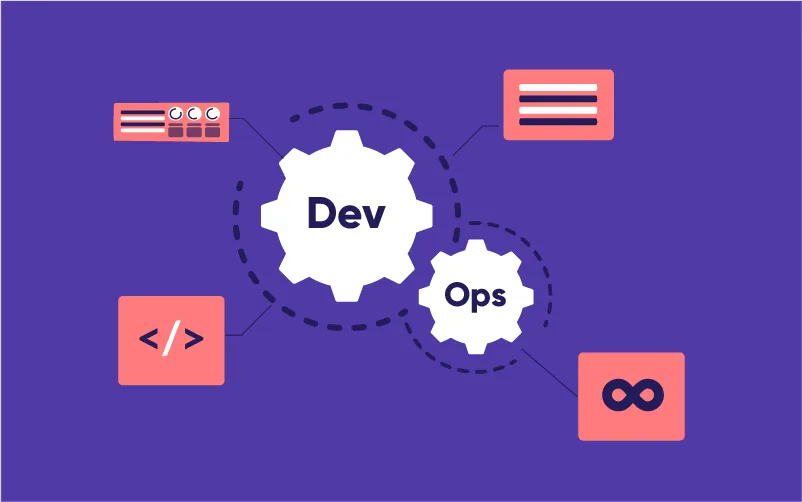
This Ultimate Guide to DevOps will take you through DevOps services and development in detail. This blog is drafted for beginners and professionals who want to explore App development using DevOps solutions. Surely, DevOps development is becoming a popular trend among businesses and developers. Mobile app development companies in India are opting for DevOps consulting services.
In this blog, we will be covering the following topics:
DevOps is a result-oriented pacy methodology. The development and operations teams are integrated into the overall Development Life Cycle. In DevOps, Dev refers to Development, whereas Ops refers to Operations. In simple words, DevOps is the combination of Development. Operations where different processes like Development, reviewing, testing, Quality assurance, deployment, and others are performed together to improve the pace of the overall development cycle. It aims to shorten the Software Development Lifecycle (SDLC).
In the last two years, many companies have implemented DevOps solutions and consulting services to carry out Development and operations. In a web application development company, the DevOps Engineer works with the development team and coordinates with the operational teams.
DevOps consulting methodology comes with different services and life cycle models. Its services help improve and tackle coding complexity so that a DevOps Engineer can build, test, and release software faster and more efficiently. Its solutions consist of nine phases: Planning, Development, The operation, Integration, Testing, Deployment, Monitoring, and feedback.
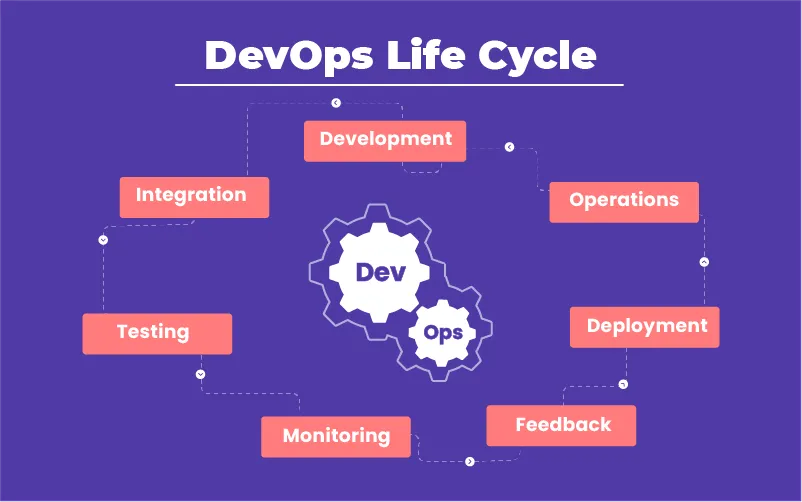
Furthermore, the DevOps solution comprises other Development and operations phases; let's discuss a few.
Planning is one of the essential phases of the development process. Regarding web application development, DevOps solutions are more valuable in organizing and arranging your operations perfectly. DevOps consulting services focus on planning and providing better DevOps solutions.
The DevOps methodology is all about automation and quickness in the complete development process. In a DevOps development company, each phase combines operation and development processes to deliver applications faster than traditional development methods.
DevOps methodology works on a Continuous integration process where DevOps engineers regularly make code changes to the shared repository server. A continuous integration process merges the code and runs unit tests automatically to overcome bugs and errors.
DevOps development lifecycle operations comprise automation, Iteration, Improvement, and Collaboration. All the operations are performed along with development services simultaneously for quicker and more efficient software delivery.
Testing is required for excellent service quality, and DevOps generates automated testing in your process. It is done by identifying the requirements to ensure the code works as needed in live software.
Deployment is the process of deploying the automated and compiled codes and tests onto the source module of the project. In the DevOps lifecycle, continuous deployment occurs after completing the integration process.
Monitoring refers to tracking the complete development processes across the SDLC to improve production services. Continuous monitoring follows the DevOps principle, allowing developers to deploy the application or software quickly and efficiently to the clients.
Feedback is an important element in improving the performance of the service, as It is all about what you get and how it is going. DevOps lifecycle aims for continuous feedback from users to know whether the client is satisfied with the deployment or needs some quick changes in the structure.
DevOps methodology operates throughout the software development process, from development, testing, and operations to software deployment. In simple words, DevOps is all about eliminating the barricades between the development and operations teams by providing a better model for the development lifecycle.
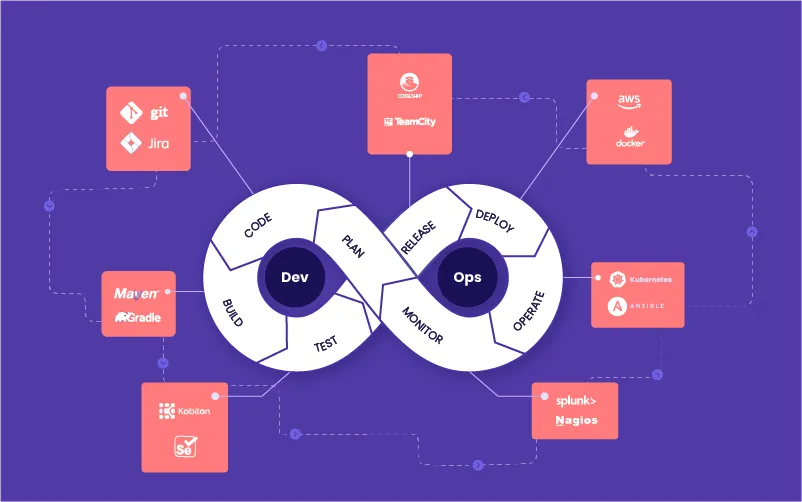
In some DevOps models, the development and operations team integrates more tightly with quality assurance and security teams, referred to as DevSecOps. It helps a DevOps engineer develop a range of skills to perform various tasks altogether, improving a team's overall performance. These teams use tools and methods to automate the different processes that previously have been quite slow and manual.
DevOps engineers use methodologies and tools that help them develop and deploy applications quickly with more efficiency and reliability. These methods and tools help a developer finish tasks independently that normally require help from other teams, improving the delivery speed.
People often think DevOps means Continuous delivery and agile means easily and quickly. But you will be surprised to know that DevOps and Agile are software development methods with similar philosophies, delivering the final product as quickly as possible with more accuracy and efficiency.
Which is better to use before knowing the key differences between DevOps and agile? First, let's take a quick look at their definitions. We have already discussed DevOps in detail; now it's time to explore the Agile methodology.
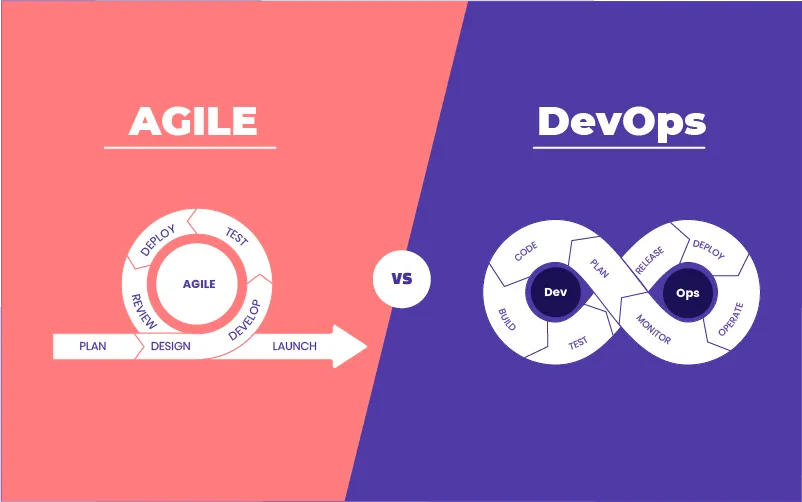
Agile methodology is managing a project by adopting an iterative development process. It is a way to manage the whole development process by dividing it into many segments. Once the development process begins, it breaks up into phases like planning, execution, and testing to increase the quality of the project-related deliverables.
The top priority of Agile methodology is to satisfy their customer. As we are now aware of their similarities and definitions, below are some basic differences between DevOps and Agile.
| DevOps | Agile |
| DevOps is a method of carrying Development and Operational teams together for work. | Agile is a method of bringing an iterative approach to the development process to manage complexity. |
| DevOps focuses on continuous testing and deployment. | Whereas, Agile focuses on continuous and constant changes in the structure. |
| DevOps mainly targets business solutions and quick delivery of software. Hence It is best for business purposes. | The target area of Agile is the complete development process. Hence it is not beneficial for the business. |
| As DevOps focuses on continuous testing, automation is the main requirement of DevOps. | Whereas, Agile does not require much emphasis on the automation of any segment. |
| DevOps requires self-feedback and instant improvement. | The agile methodology requires users' feedback and focus on pace. |
DevOps is beneficial in many aspects; it offers technical benefits, cultural benefits, and, no doubt, Business benefits. DevOps is beneficial for Businesses, but the question is how? The entire team is responsible for deployment and delivery in the development environment under the DevOps methodology. Different teams work together, performance improves, and issues are resolved quickly.
Let's understand a few DevOps benefits for Businesses in detail:-
DevOps provides a shorter development life cycle with great innovation. DevOps methodology is beneficial for businesses and developers. It is something that every mobile and web app development company wants to better its business growth and improve the work culture.
DevOps technology and services give flexibility, agility, and freedom to businesses. It offers better tools and services that maintain transparency and a healthy work environment throughout the development processes because of the collaboration of the teams.
How to Use Augmented Reality in Retail to Boost Customer Engagement and Sales
By Sannidhya Sharma
5 min read
How to Use Augmented Reality in Accounting to Build Smarter Financial Apps
By Dhruv Joshi
5 min read
Top 10 Enterprise App Development Companies for Scalable Business Solutions
By Dhruv Joshi
7 min read
How to Build a Scalable Video Streaming App Like Netflix: A Step-by-Step Guide
By Dhruv Joshi
5 min read

Technology


5 min
Augmented reality in retail helps brands drive sales and reduce returns by transforming how customers discover, try, and buy products. This blog is your guide to using AR strategically, from choosing the right use cases to launching cost-effective AR experiences that delight customers and differentiate your brand.


Technology


5 min
The demand for high-quality video streaming apps has exploded, and it's not just Netflix leading the charge anymore. From niche platforms to corporate media ventures, businesses everywhere are realizing the massive opportunity in OTT app development to launch their own video streaming application.


Technology


5 min
The demand for video streaming apps has exploded in recent years, driven by faster internet, affordable smartphones, and a content-hungry audience. From binge-watching TV shows on OTT platforms to engaging with creators in real-time through streaming apps, users today want instant, seamless, and personalized experiences. But here's the thing, not every streaming app makes it big. Only a few rise to the top. So, what sets them apart?

Feeling lost!! Book a slot and get answers to all your industry-relevant doubts